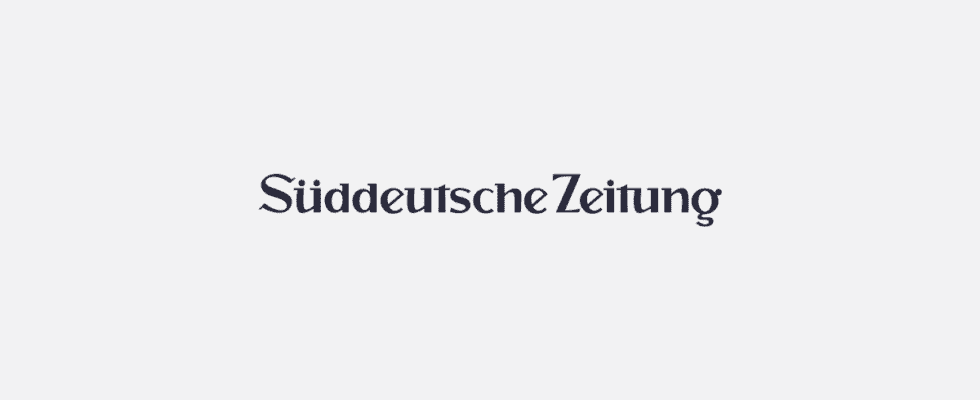Many apartments once had no bathrooms, people washed in public institutions. The shower and tub baths were called drip baths because the water there often only trickled weakly from the tap when there was a great rush.
drip bath
In the past, everyday language used to take shape in daily interactions, free of any media influences. This resulted in lovely words, for example the droplet bath, which flourished in Vienna in particular, but was also known in Munich. There was such a public bath on the Schwanthalerhöhe, where you could take a shower for a few tenners or use a bathtub for a surcharge. The word “Töpferlbad” had a rather mocking connotation here, because when many visitors wanted to bathe, the water often just trickled out of the tap. The apartments in the working-class suburbs of the time usually had no bathrooms, and people had to rely on public baths.
In her current novel “The Incommensurables”, the author Raphaela Edelbauer describes a Viennese drip bath in 1914 very vividly. After a night of partying, three young people visit one of these institutions, “a greyish little house with the inscription shower cubicles in red letters.”
There was also a municipal shower and tub bath on Thalkirchener Strasse in Munich, which was known as the Tropferlbad. Today the building serves as a youth club, and the old name survived as “Jugendtreff Töpferlbad”.
In the rural dialect one does not speak of the Drepfe – as in the more elegant urban dialect – but of the Drepfe: a Drepfe Bluat. When it rains, it starts throwing.
worker claws
There is a shortage of workers everywhere, especially where physical work still has to be done. The head of a logistics company recently wanted to recruit a prospective retiree, who spent most of his working life in the office but still doesn’t have delicate hands: “You’ve got worker’s pads, you can still help out easily.” Worker’s and farmer’s paws, that’s the opposite of the filigree hands of a writer, they’re like big, cracked shovels with which you can grab, lift and brace. This also feeds into the common threat: “Dua your claws away!” If someone has big hands, they say: “He has claws like toilet lids!” The word claws probably comes from the Latin brachium (Italian: braccio), which describes the whole arm.

